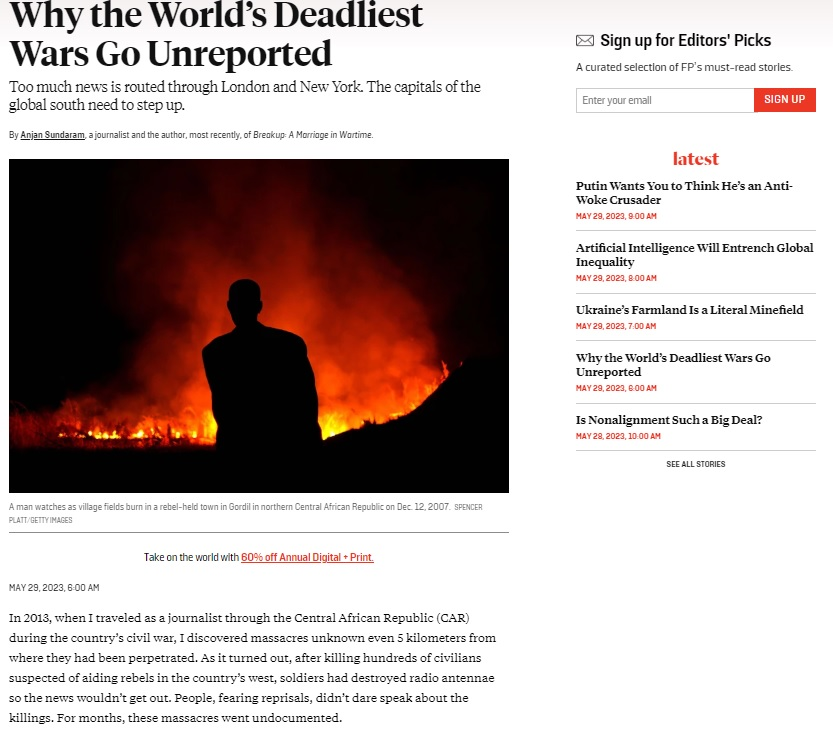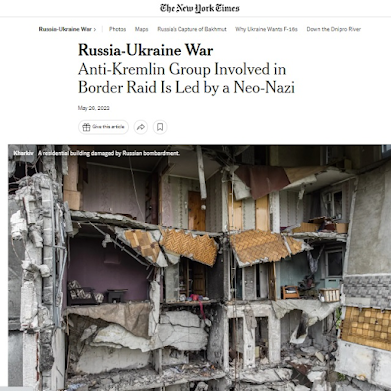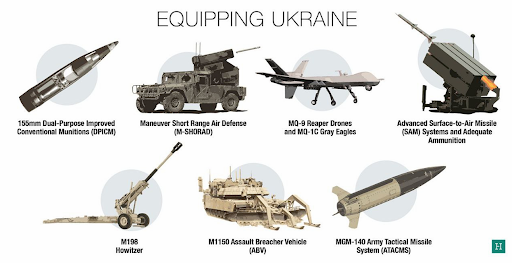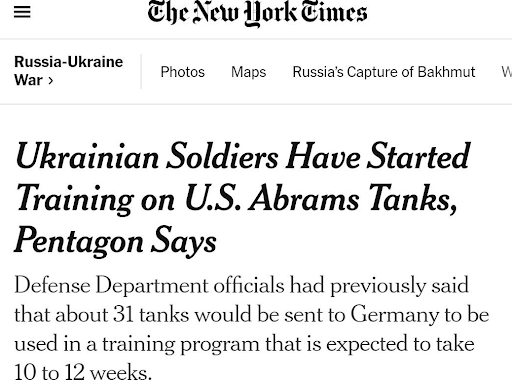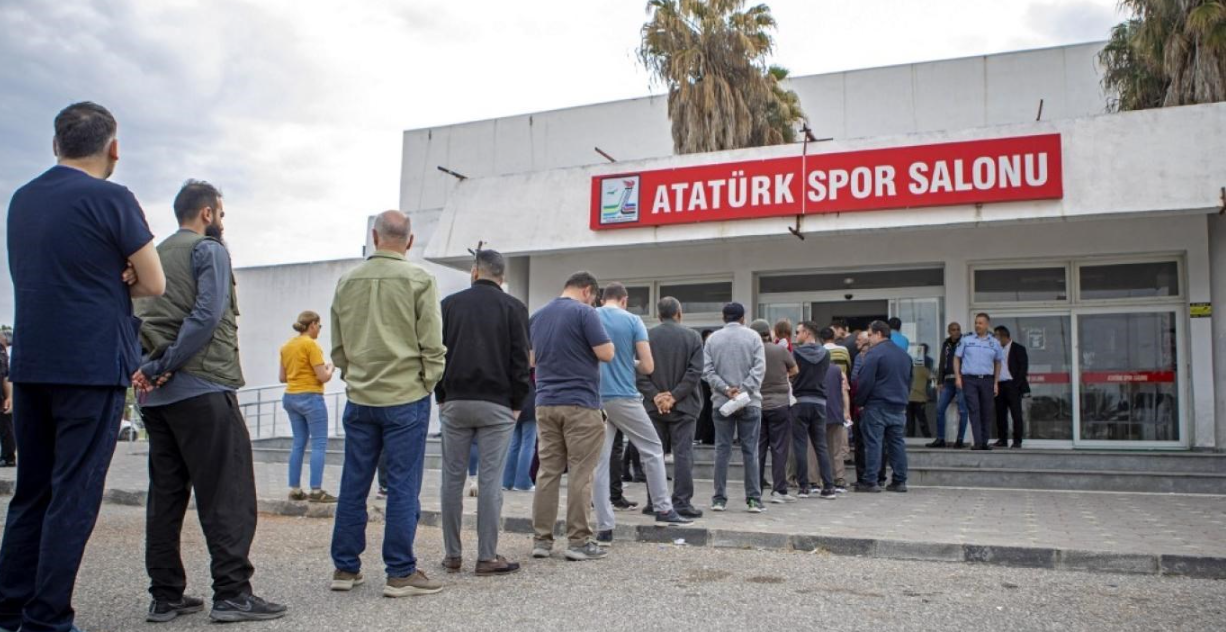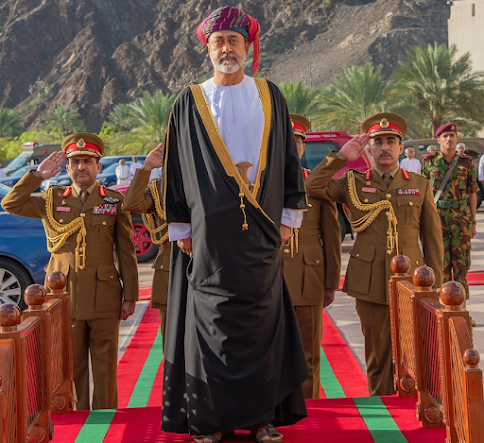
The Minister of Defense of Mali is visiting Iran, on an official visit aimed at strengthening inter-military relations between the two countries
On Monday, Iranian Defense Minister Brigadier General Mohammad Reza Ashtiani received his Malian counterpart, Sadio Camara, in Tehran, on an official visit aimed at strengthening military relations.
Ashtiani stressed that after the victory of the Islamic Revolution in Iran, his country continued to develop its relations with Islamic and independent countries in Africa, including Mali, which he described as "playing an important role in the African region."
He stressed that cooperation with Islamic countries in Africa is one of the priorities of Iranian foreign policy, and that, in accordance with this policy, the Iranian Ministry of Defense has made efforts to interact with the state of Mali.
The Iranian Minister of Defense also praised the position of the Mali government in support of Palestine and its people, describing Mali's insistence in supporting the Palestinian cause as "a shining example of defending the oppressed."
Referring to the convening of the first joint economic cooperation committee between the two countries, last year, Brigadier General Ashtiani shared the recent economic developments between Iran and Mali.
The Iranian Defense Minister pointed out that the presence of the financial delegation headed by the Minister of Defense to Tehran shows the intention of the financial authorities to develop bilateral relations with Iran.
Ashtiani pointed to the pursuit of some Western countries behind "colonial goals and creating tensions," to justify the reasons for their military presence in Africa.
He explained that although the clear policy of Western countries is to "establish security," they "feed the spread of terrorism under their control in independent African countries, such as Mali," and pointed out that this was to justify and legitimize their presence in the region, in internal affairs. for these countries.
The Iranian minister also stated that "the Islamic Republic of Iran respects the decision of the government and nation of Mali regarding the diversification of its international partners, and considers it a sign of a good understanding of international developments," stressing that Iran "will spare no effort in strengthening Mali's defense capabilities against the threats of terrorist groups."
For his part, Malian Defense Minister Sadio Camara expressed his satisfaction with Iran's visit, explaining that the aim of this visit is to strengthen and consolidate bilateral relations.
He also referred to the experiences achieved by Iran in the field of combating terrorism, as well as the popular role and the involvement of citizens in achieving their security, asking for benefit from Iranian experiences in this field.
Camara criticized Western colonialism, as well as the security trends of some West African countries, considering them destabilizing, stressing that "the people and government in the Republic of Mali have decided to preserve their sovereignty, security and self-determination," noting that Iran's experiences and support are very valuable to Mali.









